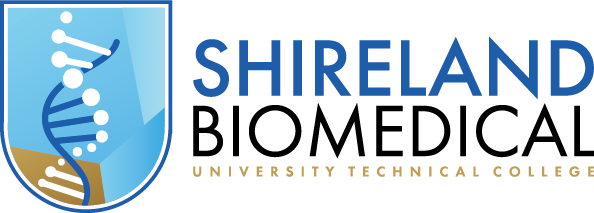CURRICULUM
Year 7 themes cover a wide variety of exciting and engaging topics. Below you can find a short description of each of the themes in Year 7.
Each theme is delivered over a period of 3 or 4 weeks and incorporates group work and audienced learning around a Driving Question.
Review and Exam Weeks will be held twice during the year, in January and in the Summer term.
Autumn Term
| Subject focus |    |
| Subject focus |      |
| Subject focus |    |
| Subject focus |  |
Spring Term
| Subject focus |     |
| Subject focus |      |
DRIVING QUESTION: Could robots ever have the same rights as humans?
The intention of this theme is that students will consider both philosophical ideas and mathematical principles. iRobot connects two very different learning strands. The core of the theme, as suggested by the Driving Question, considers the future of robots from a socio-political point of view. In order to answer the driving question, students will first consider what it means to be human. Students will explore abstract concepts such as the soul, human rights and, to a certain extent, freedom. Underpinning the more philosophical ideas is the study of concrete concepts relating to the mechanics of both robots and humans. Students will explore programming by first considering key mathematical principles and relating these to control. By the end of this theme students will have a greater sense of the driving forces behind human ingenuity as well as a respect for the principles that underpin what it means to be human.
| Subject focus |     |
- A chemical that is recycled and supports life
- A physical force that shapes landscapes and impacts life
- A source of comfort and aid
- A link between all aspects of the natural world
| Subject focus |     |
DRIVING QUESTION: What factors affect growth?
This intention of this theme is to explore the variety of ways ‘growing’ can be applied to life. Students will study plant and human growth through investigating the conditions that allow growth to take place. In addition, they will study population growth and factors that contribute to this with a particular focus on comparisons of high income countries and low income countries. Furthermore, students will consider personal issues around ‘growing’ such as peer pressure and friendships.
Summer Term
| Subject focus |      |
DRIVING QUESTION: What techniques do silent movies use to communicate a narrative?
The Silent Movies theme aims to integrate many of the competency strands into a fun, interactive and creative theme. To answer the driving question, students must undertake a great deal of analysis, exploring the movies themselves as well as the era. The theme sets the scene for the understanding of silent movies by asking students to undertake historical research on the silent movie era and one of its most famous stars – Charlie Chaplin. Students are introduced to many of the acting and directing techniques and will learn about direct camera address, miming, comedy and how these techniques were used in the silent movies.
Students will work together in ‘production’ teams to create their own movies using the same techniques as the silent movie stars. There are opportunities for achieving progress in speaking and listening literacy during initial scoping sessions and rehearsals, written literacy in creating scripts and reading literacy in taking a script and bringing it to life on the screen as well as creating an Oscar speech. Science competencies are covered when students discover what sound is and the different properties of sound. This links into the end of the silent movie era when ‘talkies’ all but killed off silent films. Students will use technology to shoot, edit and ‘post-produce’ their films. Taking a ‘standard’ video, making it black and white, ageing it, adding appropriate music and intertitles are all new techniques that students have to master in order to create an authentic looking silent movie that originally may have been shot over 100 years ago.
| Subject focus |    |



